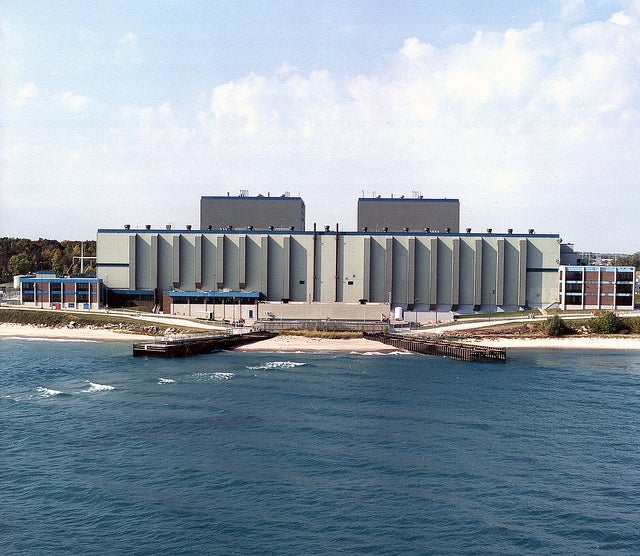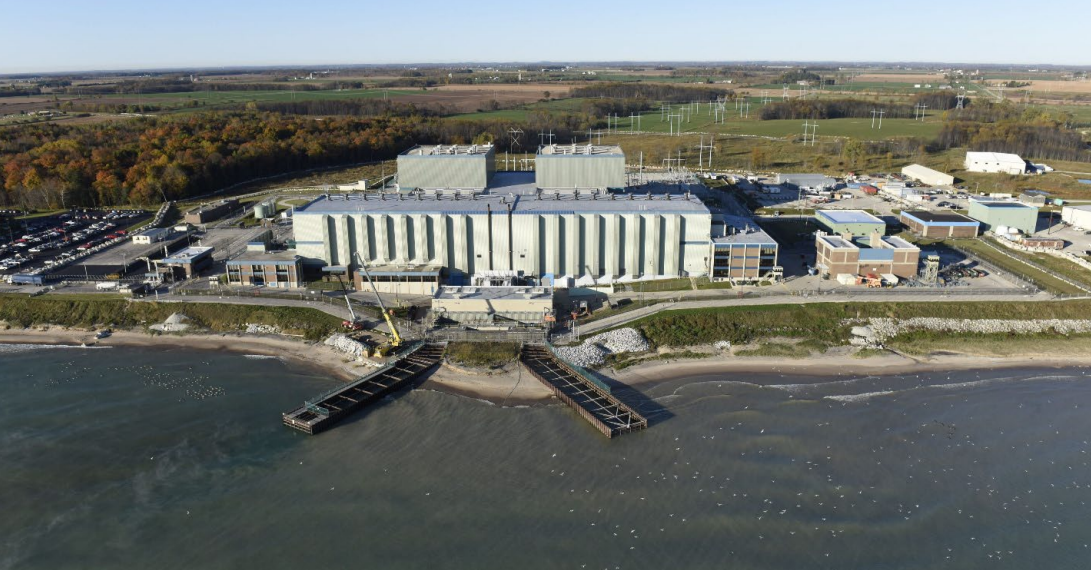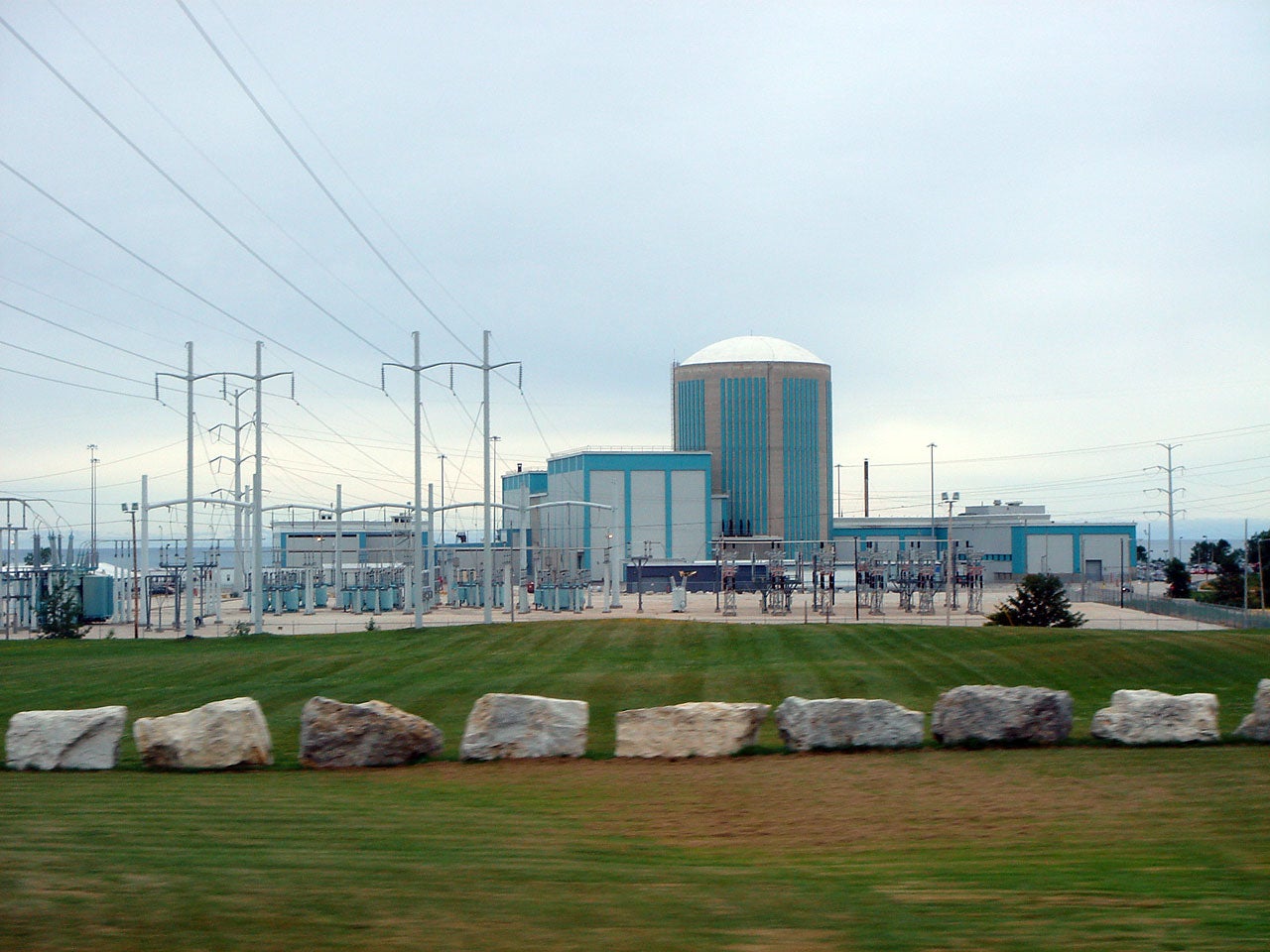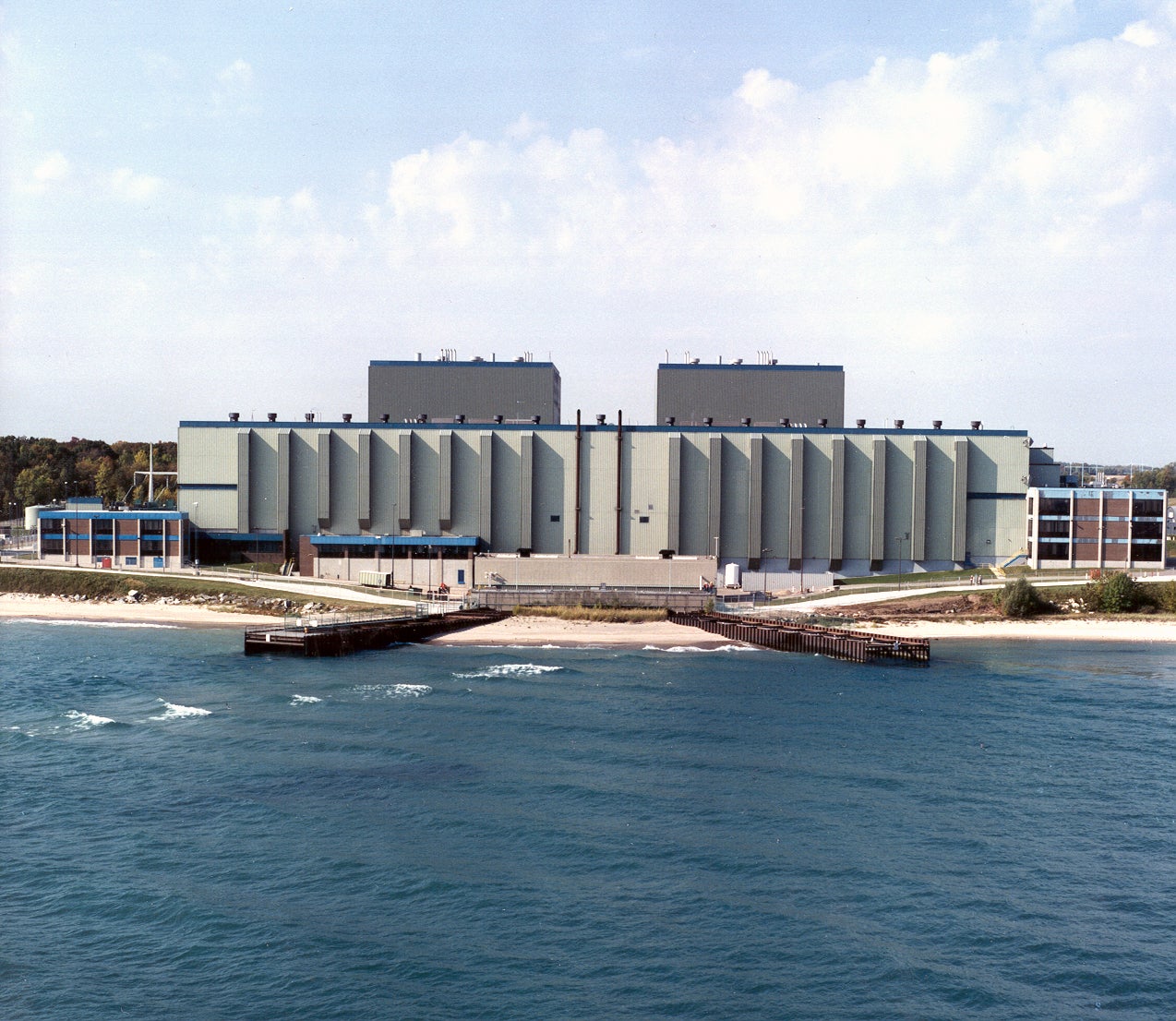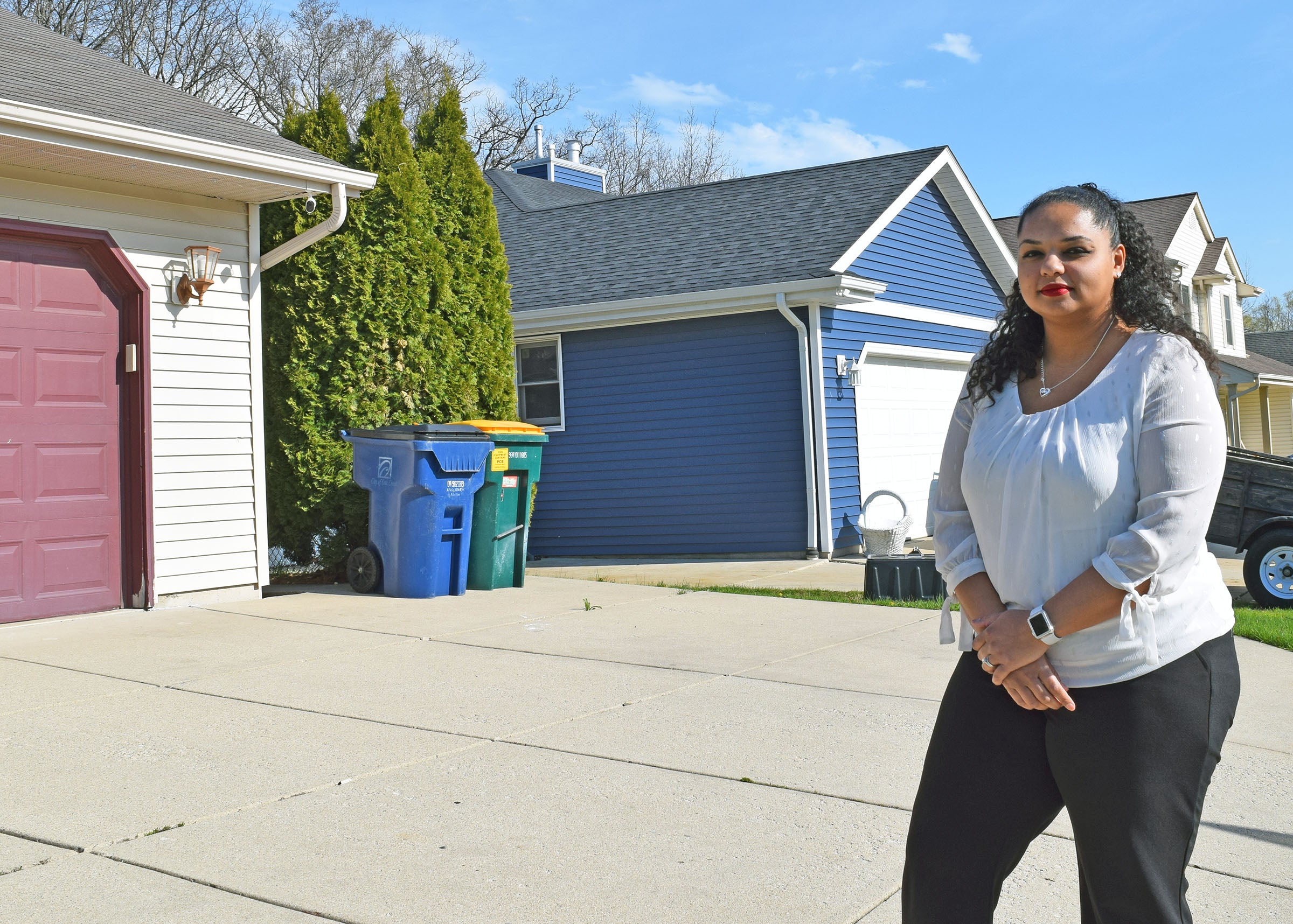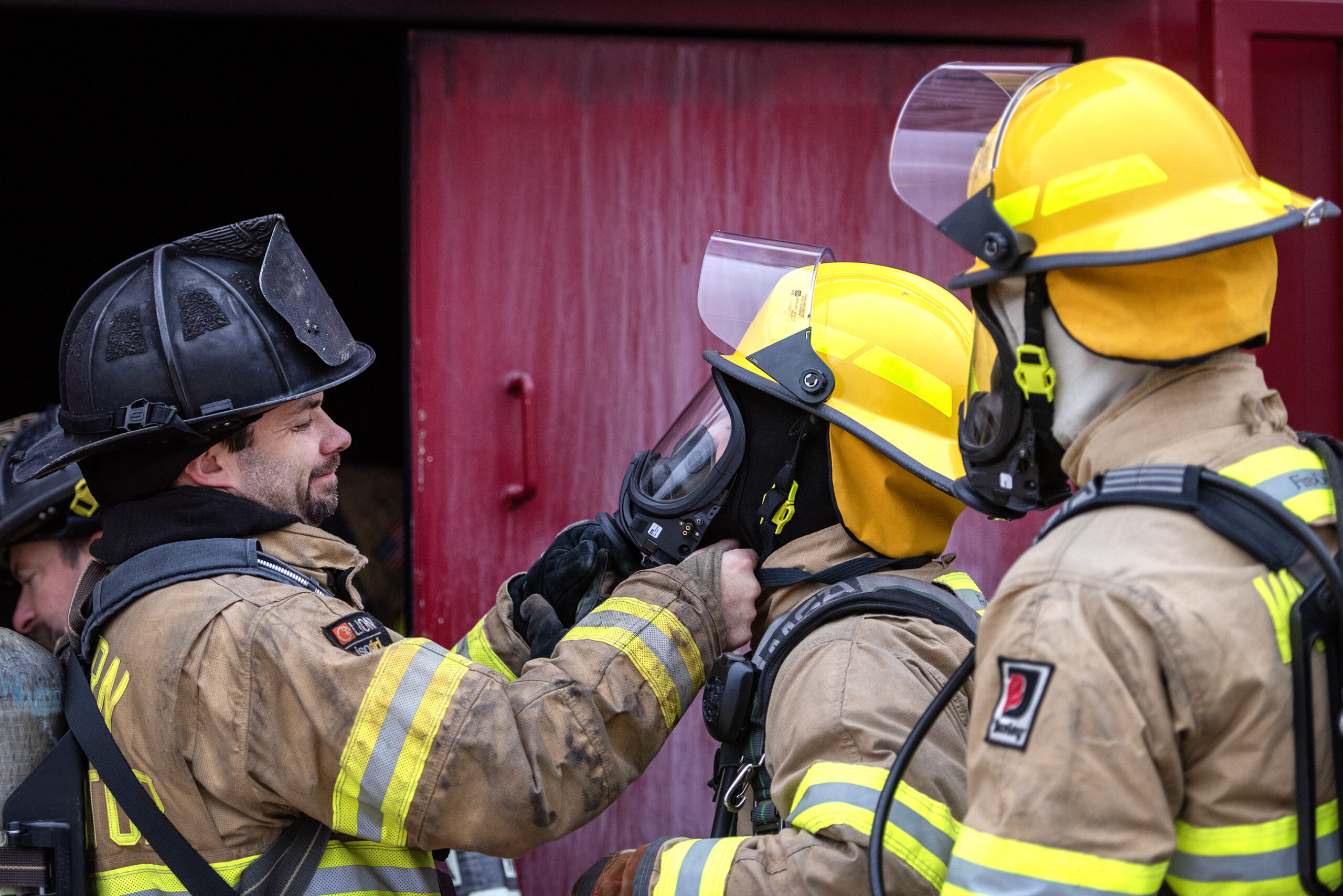Five years after an earthquake and tsunami struck the Fukushima power plant in Japan causing the world’s most recent nuclear disaster, officials with the U.S. Nuclear Regulatory Commission continue to recommend that roughly 100 U.S. nuclear plants do more to protect against accidents on a similar scale.
In Wisconsin, critics and proponents of nuclear power disagree on whether the state’s sole operating nuclear plant, Point Beach, located north of Two Rivers, meets safety standards to prevent the release of potentially harmful radiation in an emergency.
The precautions that have been put in place at Point Beach might still not ward off threats like bad weather, said Kevin Kamps from the non-profit group Beyond Nuclear.
News with a little more humanity
WPR’s “Wisconsin Today” newsletter keeps you connected to the state you love without feeling overwhelmed. No paywall. No agenda. No corporate filter.
“It doesn’t necessarily take an earthquake and a tsunami to catastrophically wreck a nuclear power plant. In the Great Lakes region, you have ice storms and tornados,” Kamps said. “All that you need to have is loss of the electric grid — the primary source of electricity for safety systems at a nuclear power plant — and simultaneous loss of the emergency diesel generators.”
If a terrorist got into a nuclear power plant, Kamps said, there isn’t enough protection of the radioactive waste stored in in-plant pools,
“(In-plant pools) have no robust radiological containment around them. They are simply industrial warehouse-type buildings and are mega-catastrophes waiting to happen,” he said.
Kamps advocates taking more spent fuel out of the pools and placing it into concrete and steel casks in fenced-off areas outside the plant.
However, Point Beach licensing manager Bryan Woyak said that his plant’s spent fuel pool is closely monitored.
“I guess I couldn’t speak to what others think is more safe or not. But we follow what our license and design is for our particular spent fuel pool and manage it accordingly,” Woyak said.
Point Beach already has 39 waste storage containers outside the plant and might load another within a year, Woyak said.
The plant was built to withstand natural disasters, Woyak said. And company owners, NextEra, added portable safety equipment and updated response policies.
The NRC’s senior resident inspector at Point Beach, Dave Oliver, maintained that the radioactive waste inside the plant is stored safely.
“It’s dispersed in a more distributed manner that takes into account if there was some sort of catastrophic failure of the pool that there would be a reduction in water level,” Oliver said.
But Point Beach hasn’t completely passed the Fukushima response test. NRC headquarters will evaluate the plant’s documents later this year, and do another inspection next spring.
Wisconsin Public Radio, © Copyright 2025, Board of Regents of the University of Wisconsin System and Wisconsin Educational Communications Board.

